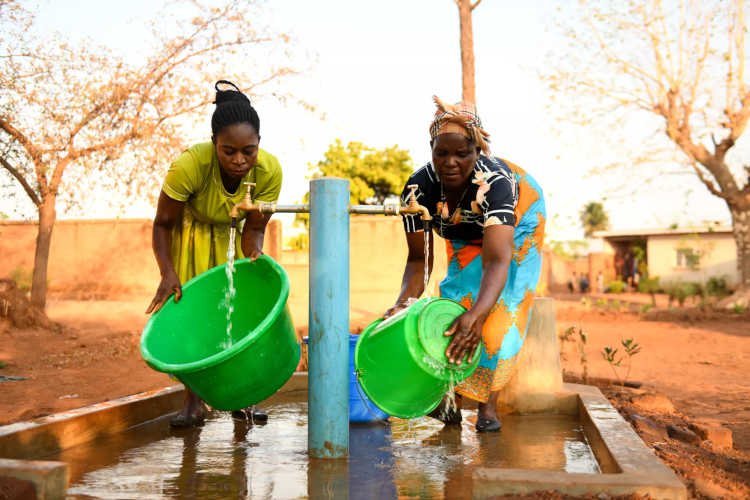The ten percent increase in water tariffs in Malawi will have a significant negative impact on low-income earners, who are already struggling to afford basic services.
Development Diaries reports that the government of Malawi has silently approved a ten percent upward adjustment of water tariff.
According to a report by Nyasa Times, low-income earners are displeased with the development, arguing that they will be forced to take water from unprotected sources due to the new tariffs and that they were already having difficulty purchasing water at the previous price.
We understand that the water boards have been pressing for a 44 percent increase in their rates since November of last year, allegedly to cover operating expenses.
Water is a fundamental need, and for individuals and families who live paycheck to paycheck, any rise in its cost directly threatens their access to safe, clean drinking water.
This increase will worsen poverty-related challenges, potentially pushing vulnerable households to seek cheaper alternatives, such as unprotected water sources, which pose health risks, including waterborne diseases.
Moreover, the tariff hike comes at a time when inflation and the rising cost of living have already strained household budgets.
For low-income earners, prioritising water might mean sacrificing other essential needs, such as food, education, or healthcare.
To mitigate this impact, the government should reconsider the blanket tariff increase and introduce a tiered pricing structure.
This would allow wealthier households to absorb the additional costs while shielding low-income earners from the brunt of the price hike.
Furthermore, expanding water subsidies or implementing a safety net for vulnerable households could ensure access to safe water without worsening their financial burden.
Development Diaries calls on the Malawi government and stakeholders to prioritise investing in affordable, sustainable water systems that address both supply challenges and accessibility to ease the strain on public utilities, improve service delivery, and reduce the financial burden on citizens, especially the poor.
Photo source: UNICEF






